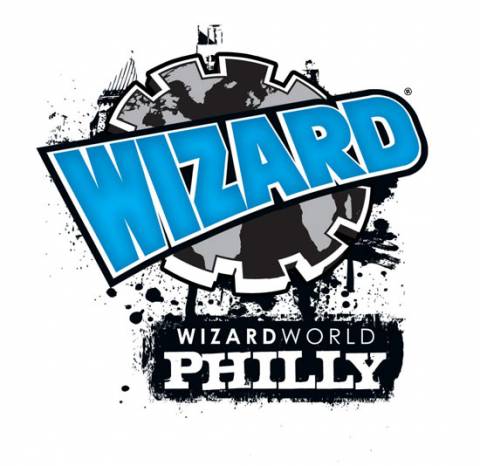The decline of what was once the biggest fish in a small pond
Some of the individuals interviewed for this article have requested that their identities remain anonymous.

"When I first started working at Wizard, I remember it was an exciting time, where I was working with an exciting brain trust of creative people who were enthusiastic about the job. Grossly underpaid, living in New York City, they did the work because they loved to do it, worrying less about compensation. The beginning felt like Christmas Day, so what if I had to sacrifice comfort? Working for Wizard was also seen as an "IN" into the (comics) industry, and for many, it worked out that way."

"At the end, it wasn't fun. I can remember an 8 week stint where every week, at least one person was fired. They claimed the firings were financially motivated, that the websites were not making enough. That the magazine was not making enough. Wizard may have over extended itself, hired too many people than were needed in the 90's-00's, so they had to make up for that by letting people go.
There were stories of a few firings that occurred on Sunday night [where you would receive an e-mail or a phone call saying] "don't bother coming in tomorrow."
"I think for many years, Wizard was good to their employees, yes. But I think that changed at some point. They fired me without even saying goodbye."

Wizards hard-ships only worsened with the rise of the internet. Suddenly, fans were able to obtain information faster and more frequently. The logical step for the company would have been to move from print media to the internet, which they attempted to do in 2006 with the launch of WizardUniverse.com. They hired Rick Marshall (the current editor of MTV Splashpage) to head the site until he too, was asked to leave the company. Another stumble? The decline of Wizard can also be attributed to the change in focus. The company was restructuring and changing.
"They began to treat it [the comic book industry] less as an industry and more as an Empire. Wizard used to be the only one in the game. [They were the] Only means to get comic info about comics. Now, with the internet and broader based magazines (Maxim, Wired) there are more places for fans of the comic genre to get their information. Before, comic companies would just eat crow. Early Wizard was targeted towards comics fans. As time went by, they broadened their demographic...The company tried to reach too far. I still think it had it's hard core comic book fans but the mandates from above had to deal with the broadening of the demographic."

Wizard had moved further away from being a periodical about comic books, and closer to a magazine about "geek culture." Going so far as to change their name from Wizard Press to Wizard Entertainment, incorporating a toy line and several exhibitions to their repertoire. Did they overextend themselves?
Over the course of the last year the number of layoffs within the company became routine. In the month of February seven staffers were fired and Wizard Dallas was canceled. It seemed that a struggling economy equaled a struggling Wizard, and it became evident that there were internal problems when the company layoffs began to coincide with major company announcements, like the acquisition of Big Apple Con (New York) for example. From an outside perspective, it is strange that a company would experience so much down sizing internally, but still look to spend so much money on conventions. Was Wizard's strategy about to alienate its core fans?


Reed's 470 to Wizard's 8 does not seem to make for much of a rivalry. Being that Wizard is a privately owned company, it is hard to determine what percentage of growth and revenue is derived from holding Wizard conventions, but since the company seems to place a considerable amount of emphasis on these events with the acquisition of two already this year ( Austin Comic Con on January 6th and Atlanta Comic Con Wizard World Convention on January 10th), we can only assume that a large portion of their revenue comes from holding cons. Let's not forget, conventions are not cheap.
"As far as I know, from what I have heard, the conventions he's 'acquired' (notice the language in those press releases) don't actually cost [company owner and current figurehead] Gareb Shamus any money up front, he does not have to pay the previous owners for the conventions. Take for example, the Terminator franchise. To purchase that franchise you had to pay for the entire thing up front in order to obtain all of the property's rights and profits. In 'acquiring' the con, Gareb is likely signing contracts with the previous show owner and gaining all the rights to the convention and its profits, but he's not actually paying up front for the show. He then employs the previous owner as a paid consultant. Wizard does, in fact, take on all the responsibilities and all of the risks of the show, but the previous show runner is now acting as a consultant, maybe selling booths or show sponsorships in return for commissions from Wizard, and those commissions may total more than the profits than they made in previous years. And I've heard that, quite often, Wizard doesn't owe the convention center anything until the last day of the show or even after the show, and I've also heard they'll hold off on paying for the previous convention until they can get the profits for the next convention, basically robbing Peter to pay Paul."

There is no question that Wizard Entertainment is changing, but more than likely, Wizard is doing what it needs to survive. The company's focus has moved away from comic book related print journalism to general entertainment,

DIGG!